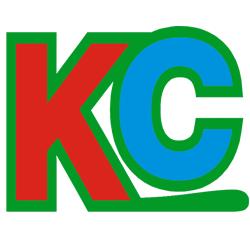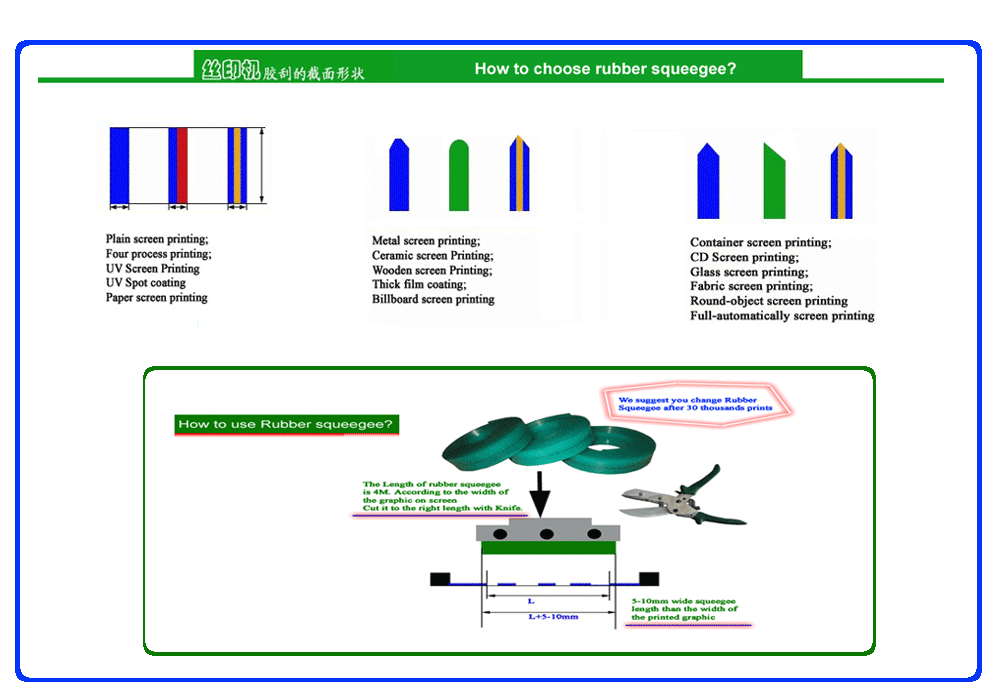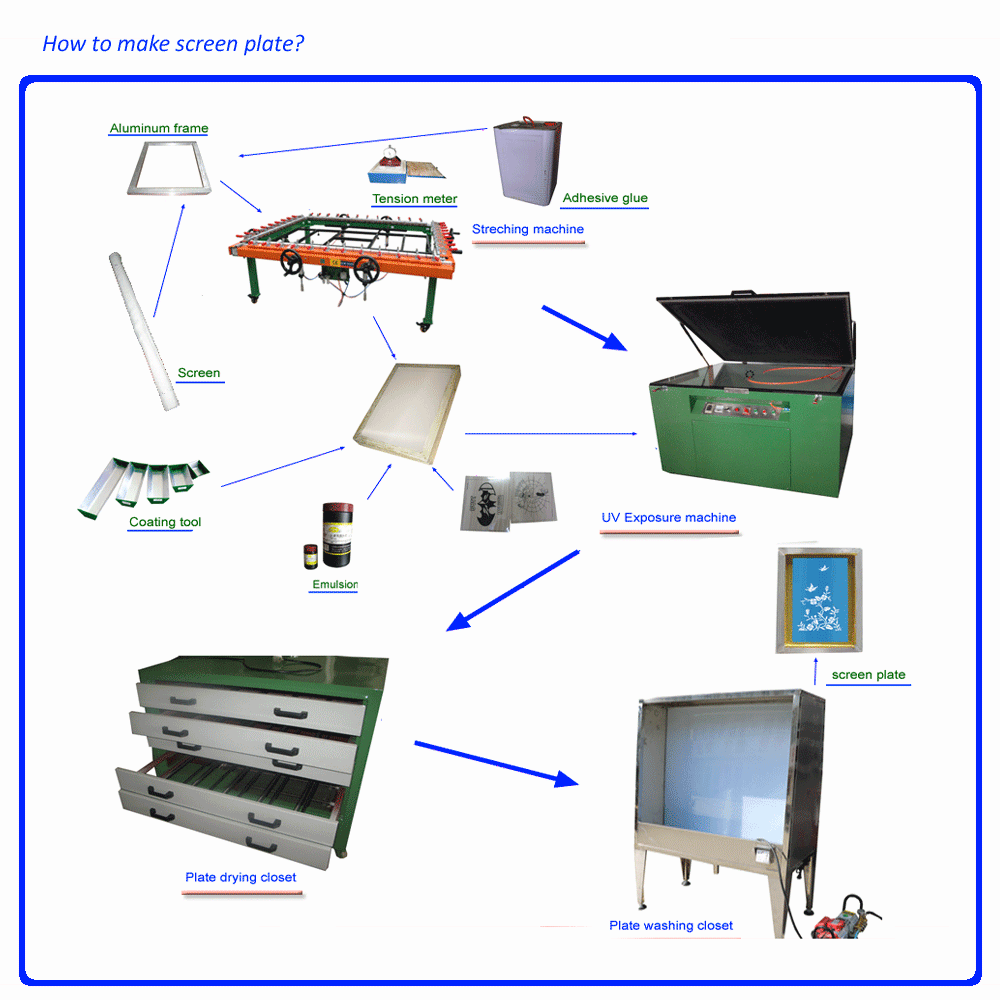
1. Screen degreasing
Direct sensitive adhesive is usually equipped with a diazo sensitizer or sensitizers behalf of pulp. That is, before using a photosensitive paste, evenly mixed sensitizer to photosensitive paste in order to activate sensitized photosensitive paste.
How to choose Rubber Squeegee?
In the screen printing process, the squeegee by embossing mesh to the substrate surface, so that the transfer of the ink through the mesh to the product surface to achieve printing, and it is the source of the printing pressure.
- Cross-sectional shape of the squeegee:
Rectangular cross-section:
Rectangular squeegee suitable for most occasions flat-screen printing, silk screen decoration paper, UV Spot coating, multi-color screen printing, overprint screen printing. Monochrome and multicolor overprint of plastic products.
Triangular cross-section
Triangular section squeegee suitable hollow plastic container, hard and soft circular, elliptical blow paper products, the smooth surface of the textile printing; partial glass PAPER silk screen cylinder metal products, glass, paper products, ordinary CD silk screen of the disc.
Wedge-shaped cross-section
The wedge-shaped cross-section for high precision outlets and extra-fine lines of fine print, low viscosity ink screen printing of fine lines, the fine dot silk screen of the mirror glass, ceramic fine after firing device, CD-ROM, silk screen outlets.
Spherical-section
Suitable for thick film coating, printing base, the fine tone prepress cover printing, UV Spot UV screen printing, rough surface screen printing, silk screen painting wood products, the sandblasting plastic products surface field printing, eye-catching LOGO prominent silk screen .
- Squeegee hardness:
Squeegee is usually 65 degrees, 75 degrees, 85 degrees three.
65 degrees squeegee:
Suitable for large area thick layer of coating, screen printing, suitable flatness of glass, ceramics, wood products, screen printing, large iron products screen printing. Ink through a large amount of ink thickness. Some bending products such as satellite antenna, bottle screen printing;
75 degrees squeegee:
Suitable for paper, film, and all kinds of plastic products, monochrome, multicolor screen printing, textile screen printing, silk screen of most construction materials, large billboards screen printing
85 degrees squeegee
Demanding products suitable for precision circuit boards, thick film circuit, soft film circuit panel, high-precision dot silk screen, flat-screen high smooth flat products, antique oil painting products, LCD panels, screen printing of various types of functional slurry.
Mixed hardness
Has a solid supporting body with the printing process, the hardness can be varied. Screen printing machine suitable for high-speed screen printing machines, high-precision control, high-precision UV screen printing with offset printing of fine lines decoration.
Screen printing machine Knowleage
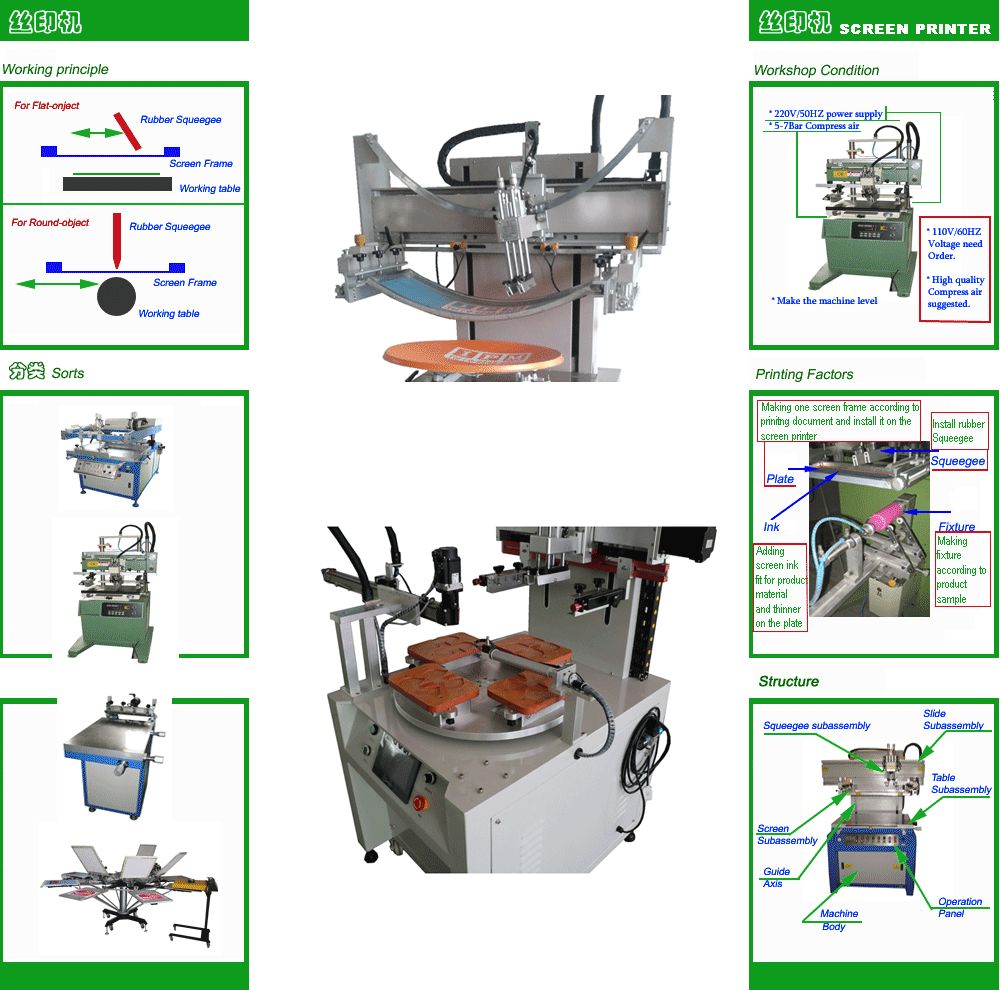
Screen printer
Used in printing flat, oval, and standard round products. It is consist of working table, screen frame combination, ink Squeegee system, operation controlling system and machine body.
l STRUCTURE
4) Operation controlling system : Most of screen printer controlled by micro-computer built in to make machine stability and easy to operate. When testing, only press simple action key and when starting automatic key to begin printing will be helpful to operate screen printer.
l MAINLY FACTOR
It is important to make fixture according to products. Regular products need the fixture made by lathe or CNC. Complex products need the fixture made by polyester resin. Round products need same diameter transmission gear with product diameter.
4. Different feed transmission way sort screen printer as and web-roller screen printer. Most of screen printer is single-piece screen printer.
Samples of screen printing machine


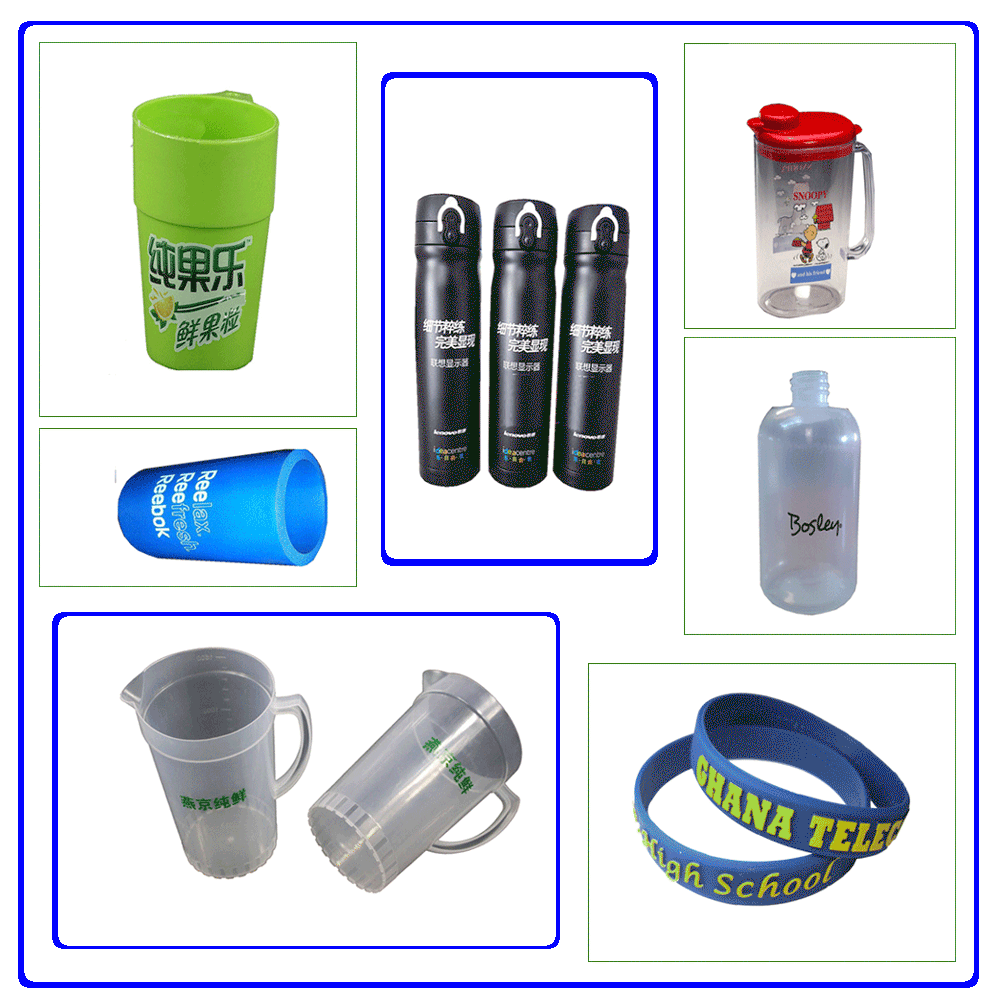

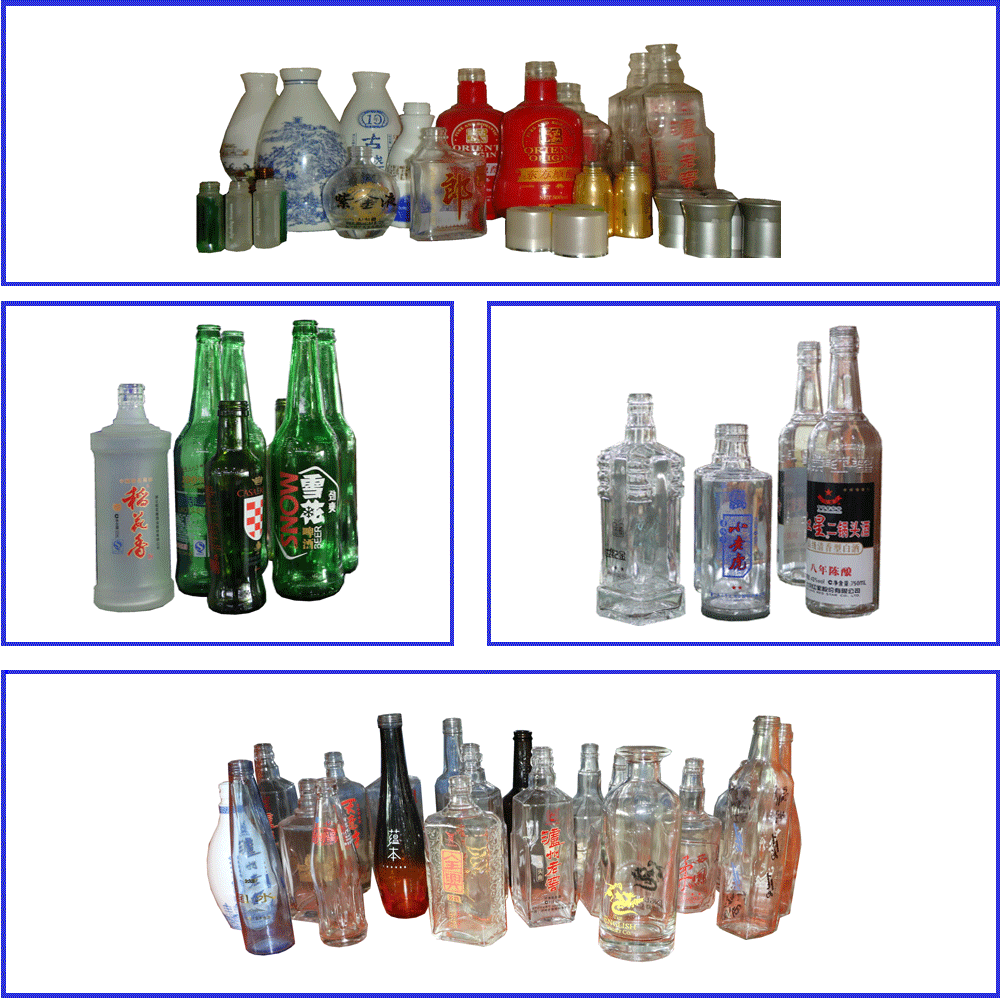

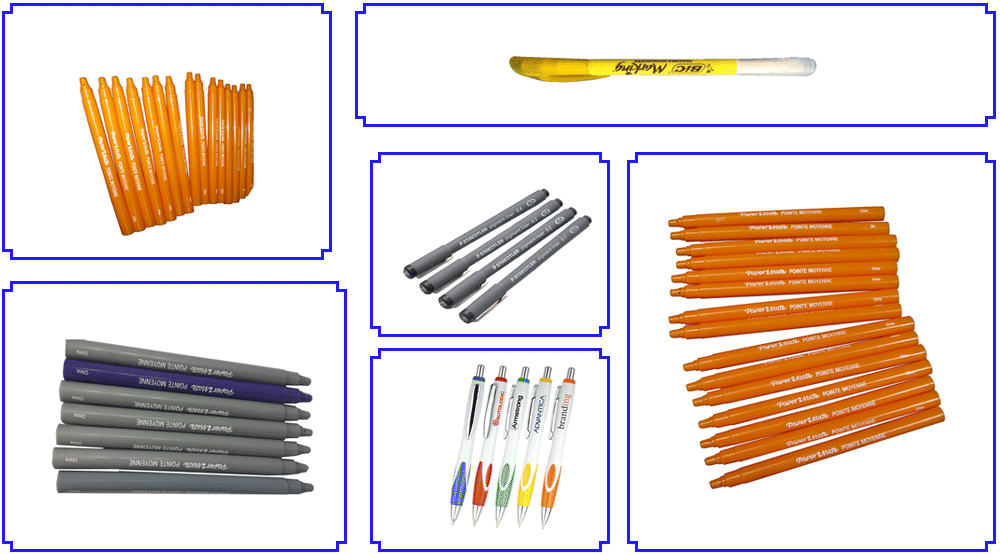
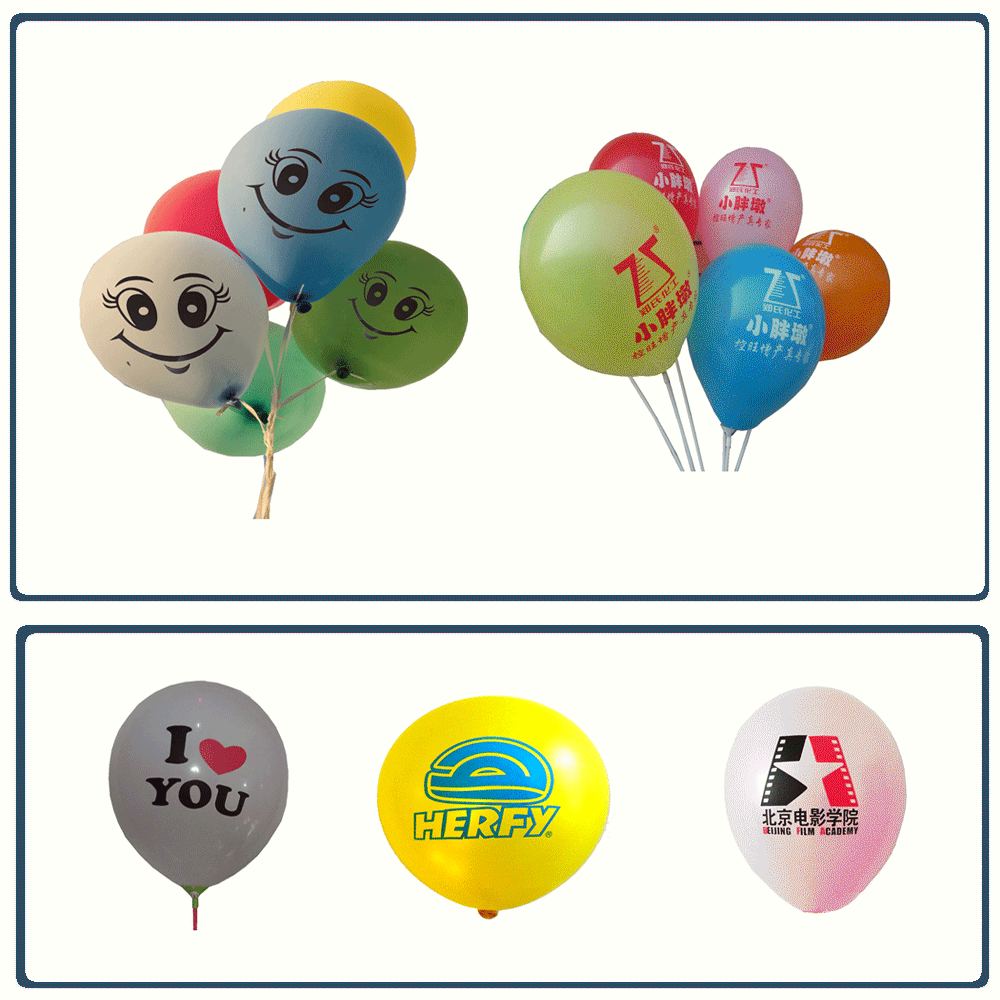
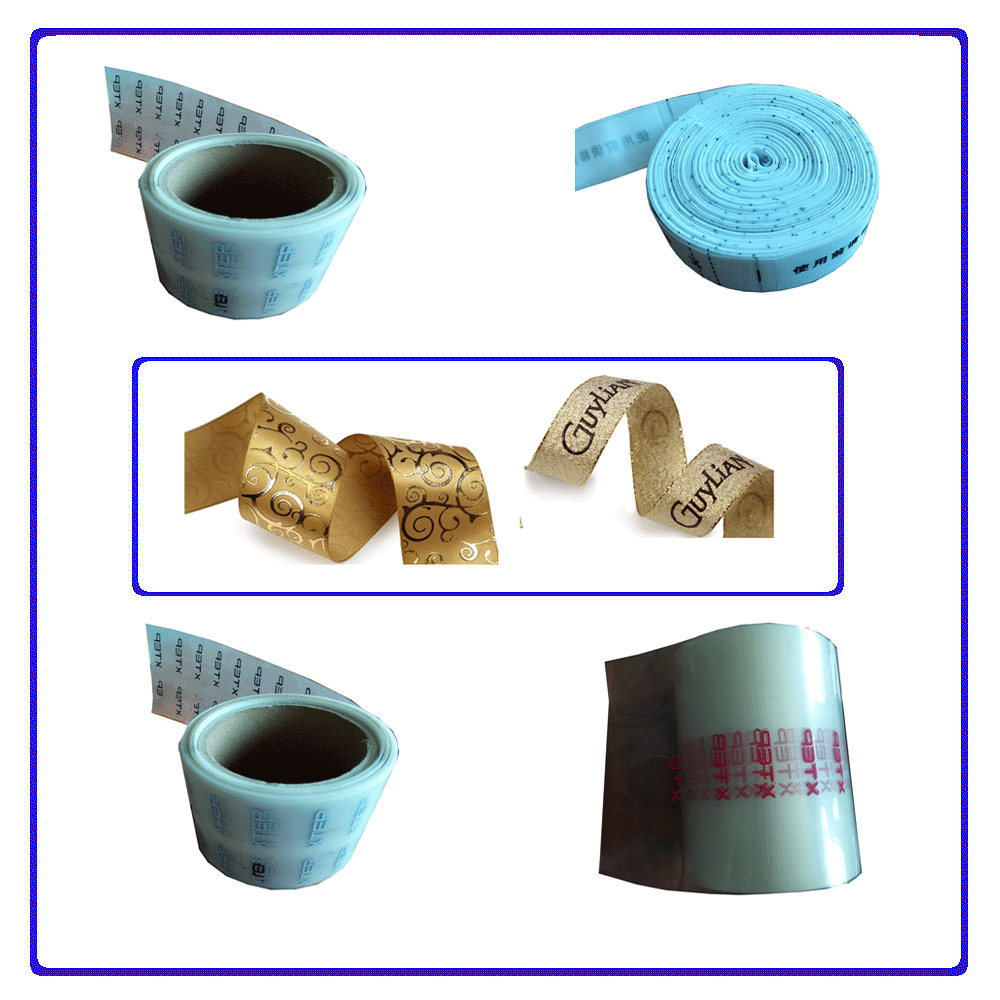
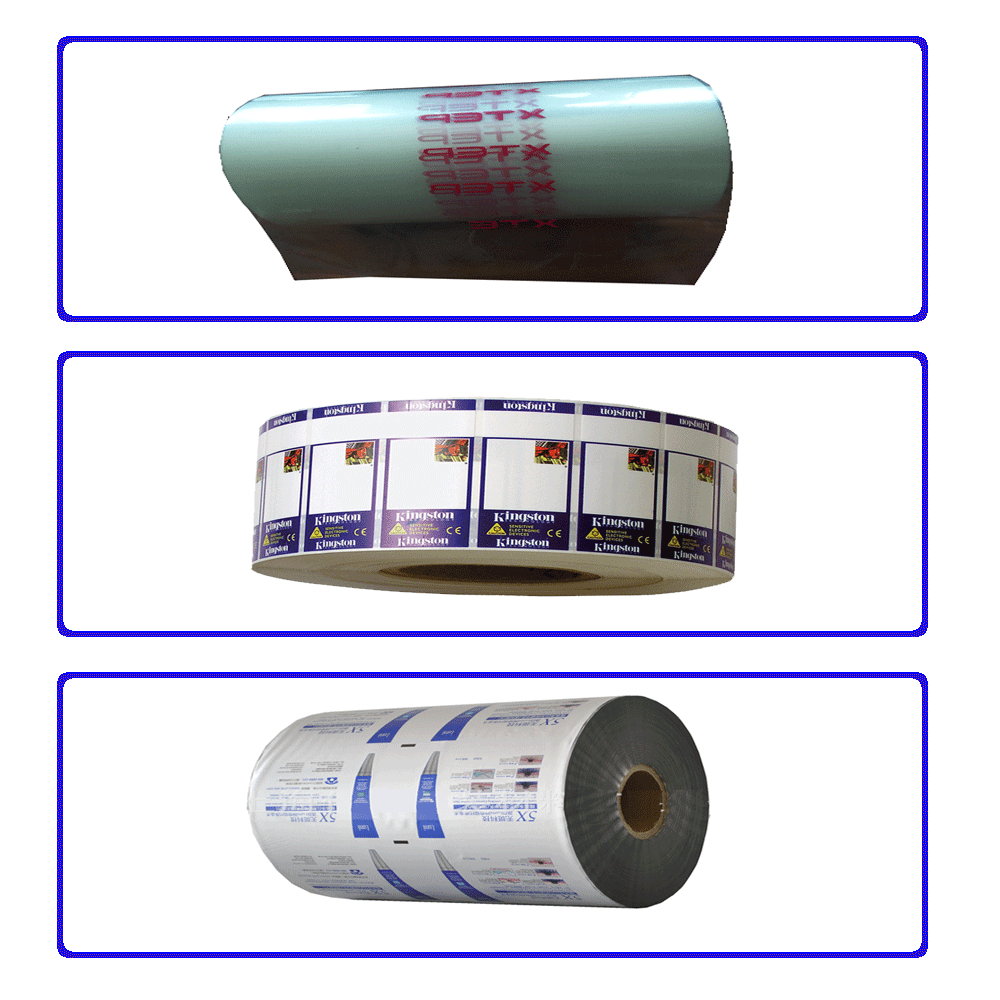
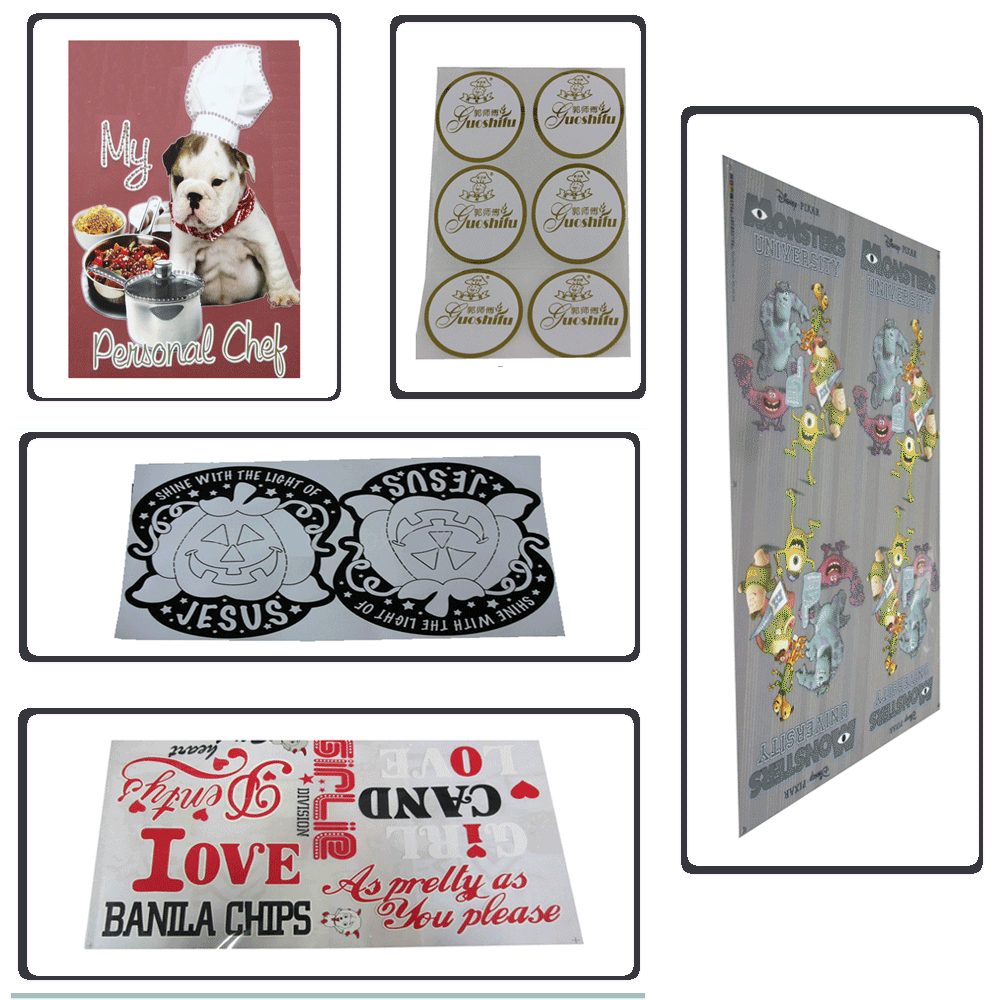

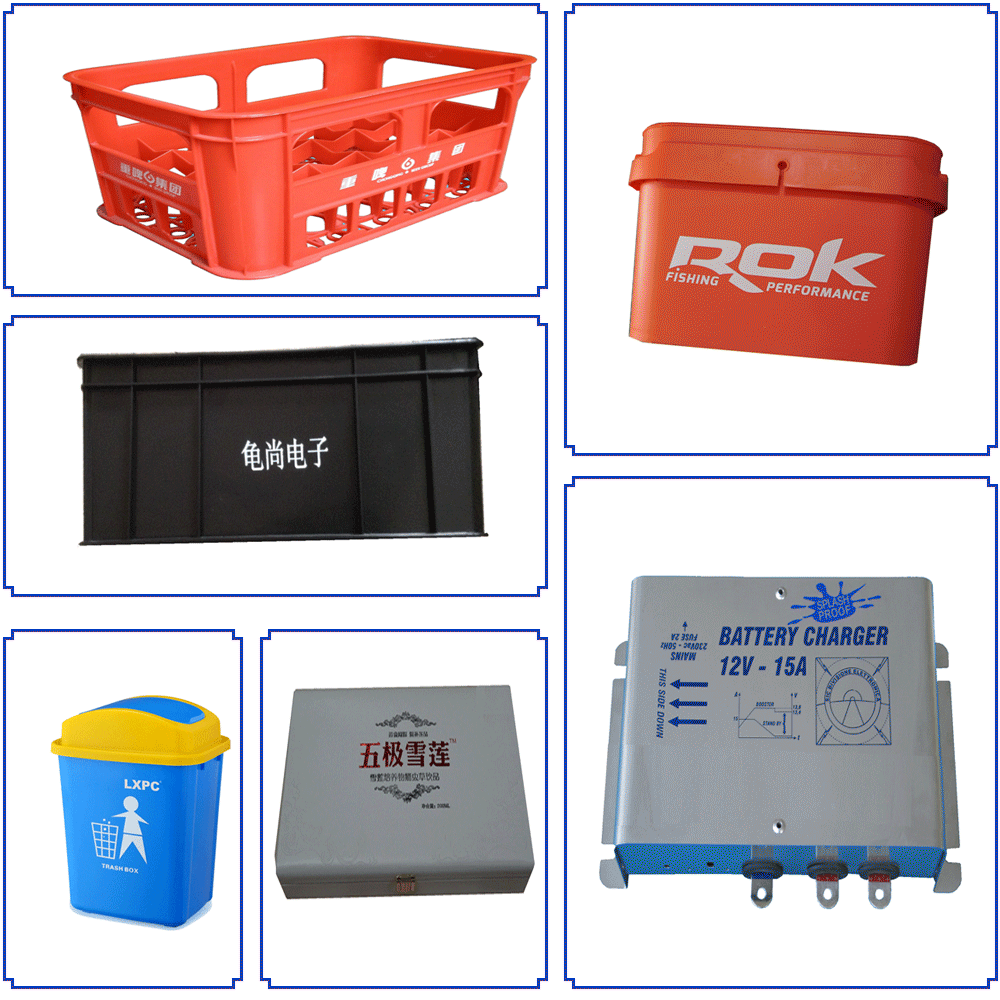
How to choose screen printing ink?

